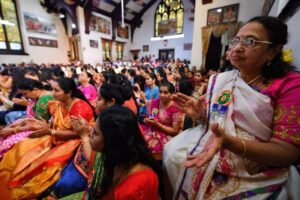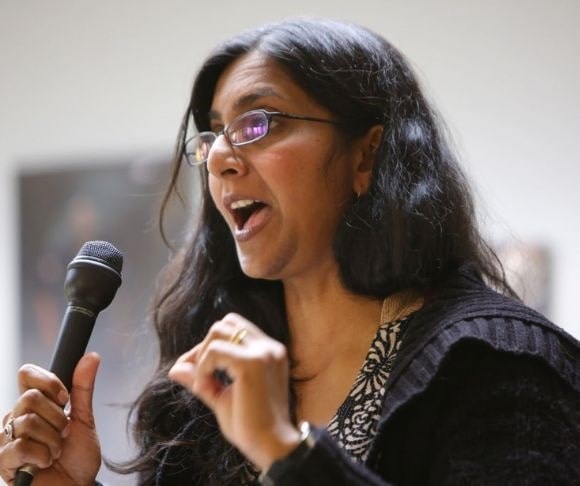Seattle, WA, has become the first US city to pass a resolution that ends caste-based discrimination. The system, known primarily among Indians and Hindus, is reportedly growing in America, and the Emerald City has vowed to end the “unjust bias.” But will this cause more harm than good? Some opponents suggest the new rule will have the opposite effect.
Seattle – No More Caste System
The ordinance was introduced by Councilmember Kshama Sawant, a very vocal liberal, socialist, and the only Indian American on the council. This is the same politician who once proposed cutting $85 million from the police department’s $170 million budget. This new measure, however, aims to add caste to the protected status for the city’s anti-discrimination policies.
“This bill is not technically complicated, it’s a very simple question: Should discrimination based on caste be allowed to continue in Seattle?” Sawant asked during the Feb. 21 meeting. “While simple, it is also profound and historic,” and she added that she hopes the council’s 6-1 decision will be a “beacon” for other cities to follow in their footsteps.
The one dissenter in the vote, Council Member Sara Nelson, called the legislation “a reckless, harmful solution to a problem for which we have no data or research.” She continued, saying:
“This could generate more anti-Hindu discrimination and could dissuade employers from hiring South Asians.”
Nelson is not the only naysayer. The Hindu American Foundation (HAF) also has a warning about the ordinance, saying it “singles out Hindus for additional legal scrutiny.” As reported by India Today, HAF Managing Director Samir Kalra said:
“Seattle has taken a dangerous misstep here, institutionalising bias against all residents of Indian and South Asian origin, all in the name of preventing bias.”
The group also suggested that caste discrimination against Indian and South Asian communities in Seattle is rare, per a Carnegie Endowment survey. But other sources claim the opposite is true. Equality Labs, a civil rights organization, states that “one in four caste-oppressed people faced physical and verbal assault, one in three faced educational discrimination, and two in three faced workplace discrimination.” India Today mentioned an article in Real Change that suggests Seattle as being one of the cities where this type of discrimination “remains a largely hidden and unreported issue.”

(Photo by Aimee Dilger/SOPA Images/LightRocket via Getty Images)
Reports indicate that the US is the second largest place where Indians live abroad. “Out of around 1.6 Iakh Asians living in Washington, a majority of them are concentrated in the Greater Seattle area,” India Today explained. Lakh is a unit of measurement in the Indian numbering system equal to 100,000, so 1.6 lakh is 160,000.
The caste system is based on social hierarchy tied to a person’s birth and originates from the Latin word “castus,” which means pure or chaste. Although mainly recognized in Hindu and Indian cultures, it is also found in other countries such as Nepal, Sri Lanka, Bhutan, and Bangladesh.
A Pew Research study conducted in 2021 describes the system as a way of categorizing people and determining which professions they can work in as well as who they can marry. By the way, India Today described Ms. Sawant as “an upper-caste Hindu.” The survey found: “Not only do most Indians say that lower castes do not experience a lot of discrimination [in India], but a strong majority (82%) say they have not personally felt caste discrimination in the past 12 months.”
So what does that mean for people here in America?
Hundreds attended the council meeting in favor of the proposal to ban caste-based discrimination in Seattle. Some testified to having experienced bias personally. Others, however, debated that this new ordinance will only make things worse. Still others argued that this is their culture and that it’s unlikely most non-Indian or non-Hindu employers would even know such a system exists and use it to determine which staff to hire.




